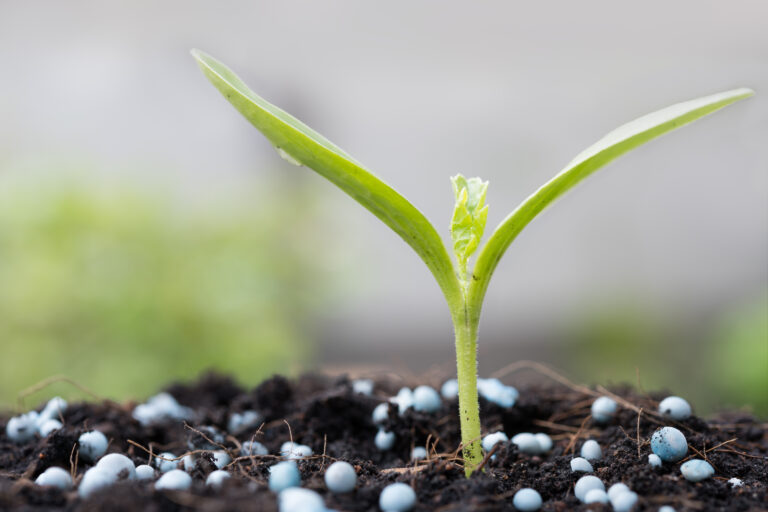Tinnitus, the perception of sound in the ears or head without the presence of an audible external source, is a symptom, rather than a disease entity, that originates internally without an external auditory input. Tinnitus can affect 20% of US population with a nigher prevalence in older adults. Tinnitus is usually caused by an underlying condition, such as age-related hearing loss, an ear injury or a problem with the circulatory system. For many people, tinnitus improves with treatment of the underlying cause or with other treatments that reduce or mask the noise, making tinnitus less noticeable.
There are two types of Tinnitus:
- Pulsatile tinnitus is the result of vascular condition with symptoms of rhythmic pulsing sound in one or both ears, often in time with their heartbeat. pulsatile tinnitus is characterized by a throbbing, whooshing, or pulsing sound.
- Non-Pulsatile tinnitus: the most common form of tinnitus, symptoms are continuous buzzing, ringing, or hissing of one or both ears.
In most patients, tinnitus is associated with hearing loss, but it can also occur in people with normal hearing. Causes of non-pulsatile tinnitus and the associated hearing loss can be due to a structural lesion (e.g. acoustic neuroma) or pathological condition (such as Meniere’s disease and multiple sclerosis) , but often, tinnitus and hearing loss occur together without structural lesions or other conditions. In such cases, the symptoms are attributed to ear damages caused by noise or ototoxic (substances damaging the inner ear) materials or other agents.
Non-pulsatile tinnitus can be differentiated into mild to severe forms.
- Mild tinnitus is the noise that people hear occasionally or only in quite places
- Severe tinnitus is the noise that people hear constantly and can disturbs the patients’ quality of life and sometimes, in very severe cases, it can lead to suicide
Acupuncture for treatment of non-pulsatile tinnitus
In a study for effectiveness of Acupuncture in tinnitus, patients were divided into two groups of Acupuncture group and Sham Acupuncture group ( fake needles that did not pierce the skin). Patients were treated for a total of 15 acupuncture sessions, and evaluated for the loudness and severity of tinnitus symptoms at different points of the study with visual analogue scale (VAS) and Tinnitus Severity Index (TSI).
The study found after 10th session; the real acupuncture group had a significant improvement in both VAS and TSI measurements compare to the placebo group. After the 15ths session and three weeks after the end of treatments, there was still a significant reduction in VAS and TSI measurement in acupuncture group compare to the control group.
Herbal Medicine for treatment of Tinnitus:
Herbal Medicine can be an effective and safe long-term treatment for tinnitus. In a meta-analysis In a meta-analysis study, an evaluation of most recognized herbs for the treatment of tinnitus was studied using measures of tinnitus included Tinnitus Handicap Inventory (THI), tinnitus loudness, Visual Analogue Scale (VAS) score, Tinnitus Functional Index (TFI), Tinnitus Questionnaire (TQ) score.
- Ginko biloba: bilobaextract EGb 761 is the most widely tested drug in both non-clinical tinnitus models as well as in clinical trials. G. biloba has an abundance of bioactive compounds, and the main constituents of G. biloba leaf extract include bioflavonoids and flavonoids (such as quercetin, kaempferol, and isorhamnetine), terpene trilactones (such as ginkgolides and bilobalide), polyprenols, and organic acids. Dietary flavonoids such as those present in G. biloba extract have antioxidant and vasodilatory effects and may play a role in alleviating tinnitus symptoms. Preclinical and clinical studies have shown that apart from its antioxidant and vasodilatory effects, G. biloba extract may exert its actions by improving cochlear microcirculation, protects against ototoxicities, and alleviates aging associated degeneration. Multiple studies have shown G. biloba extract at different doses yield different results. The significant reduction in tinnitus symptoms was seen in a study where patients taking EGb 761 2 x 80 mg/day for at least 10 days.
- Açaí: a fruit rich in α-tocopherols, fibers, lipids, mineral ions, and polyphenols, has been widely used for its anti-inflammatory and antioxidant properties. In a double blind In a double blind RCT, patients with chronic tinnitus received açai extract 100 mg or placebo. A significant reduction in THI score was observed in patients receiving açai extract 100 mg while no remarkable decrease in THI score was found in the placebo group A significant reduction in the Beck Anxiety Inventory (BAI) score was also observed in patients receiving açai extract 100 mg.
- Korean red Ginseng: In an open-label In an open-label RCT, patients with chronic tinnitus received Korean red ginseng 1,500 mg/day or 3,000 mg/day, or bilobaextract 160 mg/day for 4 weeks. The authors found that only patients receiving Korean red ginseng 3,000 mg/day achieved a significant mean reduction in THI. Notably, patients receiving Korean red ginseng 3,000 mg/day also showed significant improvement in role emotional and mental health assessed using short-form 36.
- Chinese Medicine Formula Gushen Pian: according to traditional Chinese medicine (TCM), chronic subjective tinnitus is mainly caused by the insufficiency of essence to maintain normal kidney function, stagnation of qi and restricted blood flow in the meridian through the ear. Tonification of the essence of the kidney, improvement of blood flow, and dredging of the meridian passage around the ear could alleviate chronic tinnitus. Gushen Pian, a herbal mixture consisting of Drynaria fortune (Gu sui bu), Danshen(Salvia miltiorrhiza Bunge [Lamiaceae; Salviae miltiorrhizae radix et rhizoma]), licorice [Leguminosae/Fabacea; Glycyrrhiza glabra L.], and Calcined Ci Shi, has been reported to increase blood circulation, remove stasis, recuperate kidney, benefit essence of life and ventilate the ear.. In a double blind In a double blind RCT, Gushen Pian displayed statistically significant therapeutic outcomes over placebo after 4 weeks of treatment with an overall effective rate of 89.2% versus 30.8% for placebo and an overall relief rate of 59.5% versus 5.1% for placebo for tinnitus.
- Chinese herbal formula Er Long Zuo Ci Pill, Er Long Zuo Ci Pill, Studies have shown that reduce the tinnitus have shown that reduce the tinnitus loudness and hearing threshold and relieve the associated symptoms. Er Long Zuo Ci Pill is composed of eight herbs, namely, Rehmannia glutinosa (Dihuang), Cornus officinalis (Shanzhuyu), Paeonia × suffruticosa Andrews (Mu dan pi), Bupleurum falcatum L(Chaihu), Poria cocos (Fuling), Magnetitum (Cishi), Dioscorea oppositifolia L (Shanyao), and Alisma plantago-aquatica (Zexie), which has the main effect of tonifying kidney essence.
- Chai Hu Jia Long gu Mu Li Tang: a Taiwanese clinical trial showed this TCM formula combined with Western medicine might have an additional effect on improving psychological sensation of tinnitus and sleep quality than Western medicine alone.
- Bushen Huoxue Tongluo: another Traditional Chinese medicine formula currently being studied for chronic tinnitus. The of the formula is to tonify the kidneys (Bushen), invigorate blood circulation (Huoxue), and dredge the meridians (Tongluo) to address tinnitus. The formula’s effectiveness is thought to be related to its potential to improve blood flow, reduce inflammation, and protect against oxidative stress, all of which can contribute to tinnitus symptoms.
At Yarrow Holistic Center in West Lafayette Indiana, we provide personalized care through acupuncture, electro-acupuncture, and premium Western and Chinese herbal medicine. Our approach also includes nutraceuticals and functional nutrition tailored to support your unique health needs.


